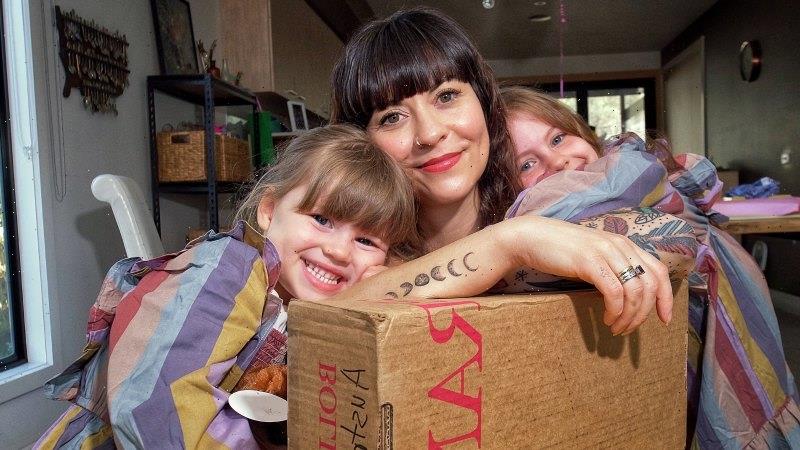Andrew Neil grills Rishi Sunak over green energy bill
We use your sign-up to provide content in ways you’ve consented to and to improve our understanding of you. This may include adverts from us and 3rd parties based on our understanding. You can unsubscribe at any time. More info
Bridget Rosewell, a member of the National Infrastructure Commission, has warned the Government is in danger of heaping extra costs onto those who can afford it least. Westminster is expected to set out proposals next month to move surcharges for green energy off electricity bills and on to gas bills. This will make electricity cheaper and gas more expensive – in the hope it will encourage more Britons to ditch gas-fired boilers and petrol cars in favour of electric heat pumps and cars.
But Ms Rosewell says Mr Johnson must “be careful about the distributional consequences”.
She added: “Poorer households may be locked into a particular form of home-heating and can’t afford to make a transition.”
British homeowners currently pay an average £200 surcharge on their dual-fuel electricity bill to help encourage the uptake of renewable energy and to support poorer households with their bills.
That falls most heavily on electricity bills, about 25 percent of which is made up of environmental and social costs, compared to about 6 percent of a gas bill.


Ministers are hoping that hydrogen will soon be available to replace gas boilers and heat pumps to extract energy from the soil.
But experts warn this still faces many hurdles and the costs are too high.
Ms Rosewell added: “It’s a very important transition. We have to do it. But we have got to make sure that it’s done in an effective and an efficient way.”
Ministers are working ahead of the COP26 climate conference in Glasgow to get their policy in order.
But it comes as domestic energy bills re rising by £139 a year from today as a higher energy cap takes effect.

About 15 million households in England, Wales and Scotland are affected.
The cap limits how much providers can raise prices. Even so, the current increase is the biggest jump, to the highest amount, seen since the backstop was introduced in January 2019.
It represents a 12 percent rise in energy prices at a time of the year when people are about to use more heating and lighting during the winter.
It also coincides with other price rises hitting family budgets and the withdrawal of Covid support schemes.
The Government has promised to continue financial help for the poorest households.
DON’T MISS
Starmer slammed for ‘new policy’ to make UK ‘world leader’ in science [INSIGHT]
Germany faces worse gas crisis as Britain outsmarts Putin [REVEAL]
Britons face £2,500 bill to replace unsuitable heating pipes [REPORT]


The regulator Ofgem sets a price cap for domestic energy twice a year. The latest level kicked in on 1 October.
It is a cap on the price of energy and charges that suppliers can levy.
A household’s total bill is still determined by how much gas and electricity is used.
It comes amid soaring wholesale gas and power prices, which are putting companies out of business and piling pressure on the public.
It emerged on Thursday night that Ofgem is talking to City advisory firms about stepping in to act as special administrator in case a large energy supplier collapses.
Source: Read Full Article


